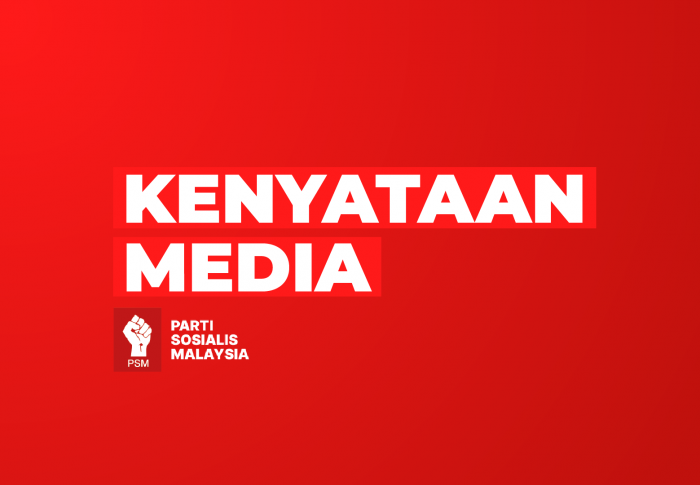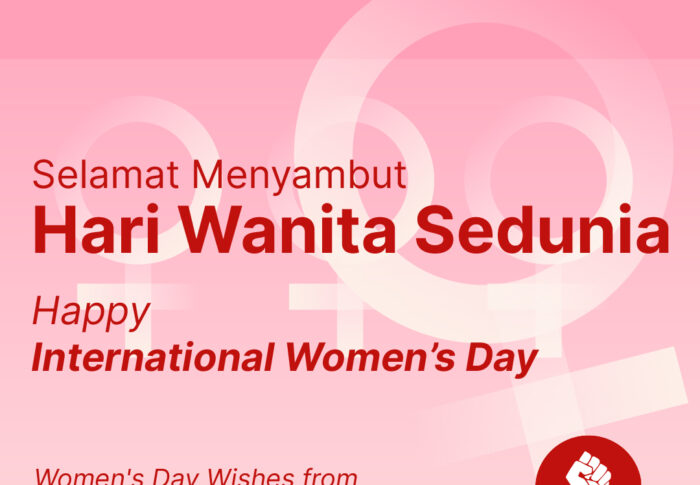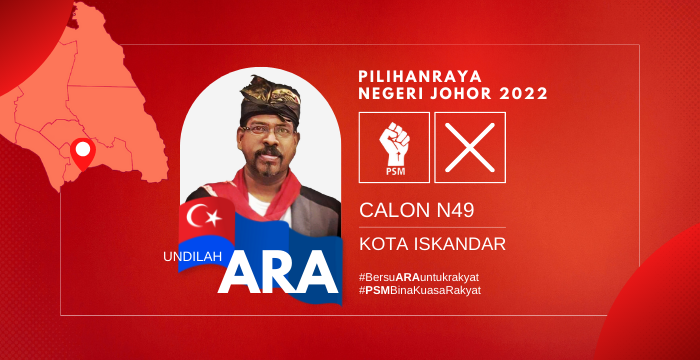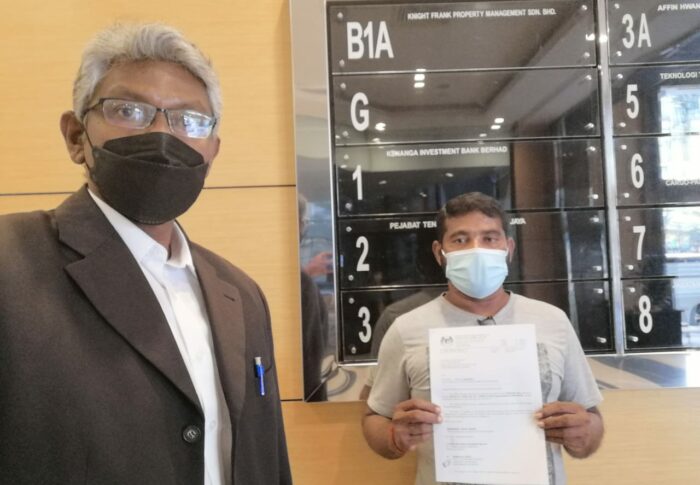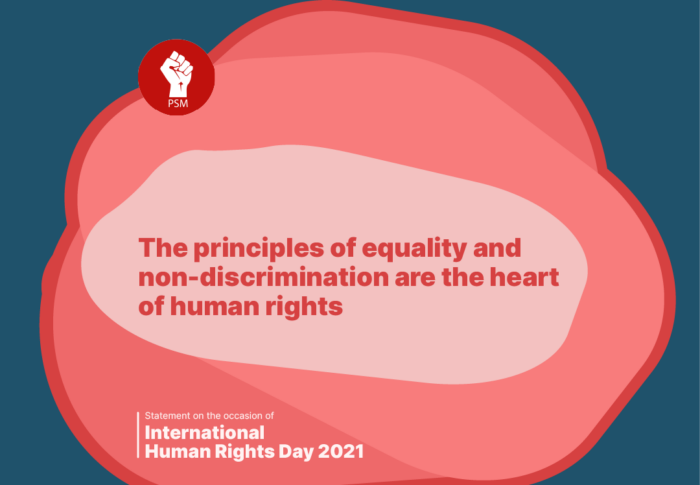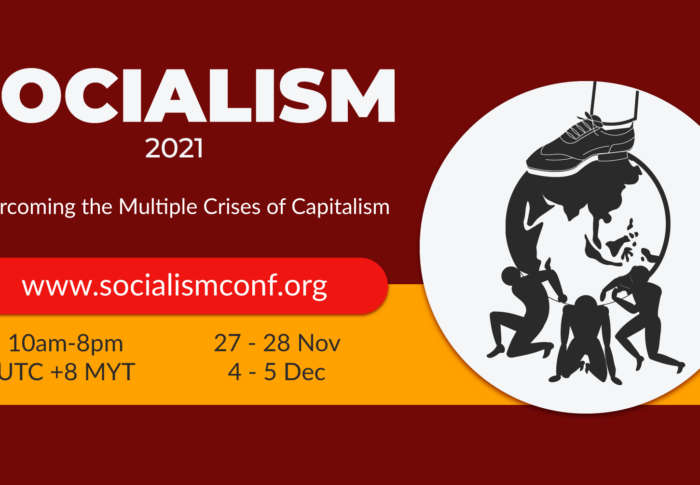Pengurangan dalam eksport gandum dan jagung dari Russia dan Ukraine akan meningkatkan harga bukan sahaja kedua-dua bijirin tersebut tetapi harga beras juga. Besar kemungkinannya rakyat di merata tempat akan beralih dari gandum ke beras apabila harga gandum melambung naik.
